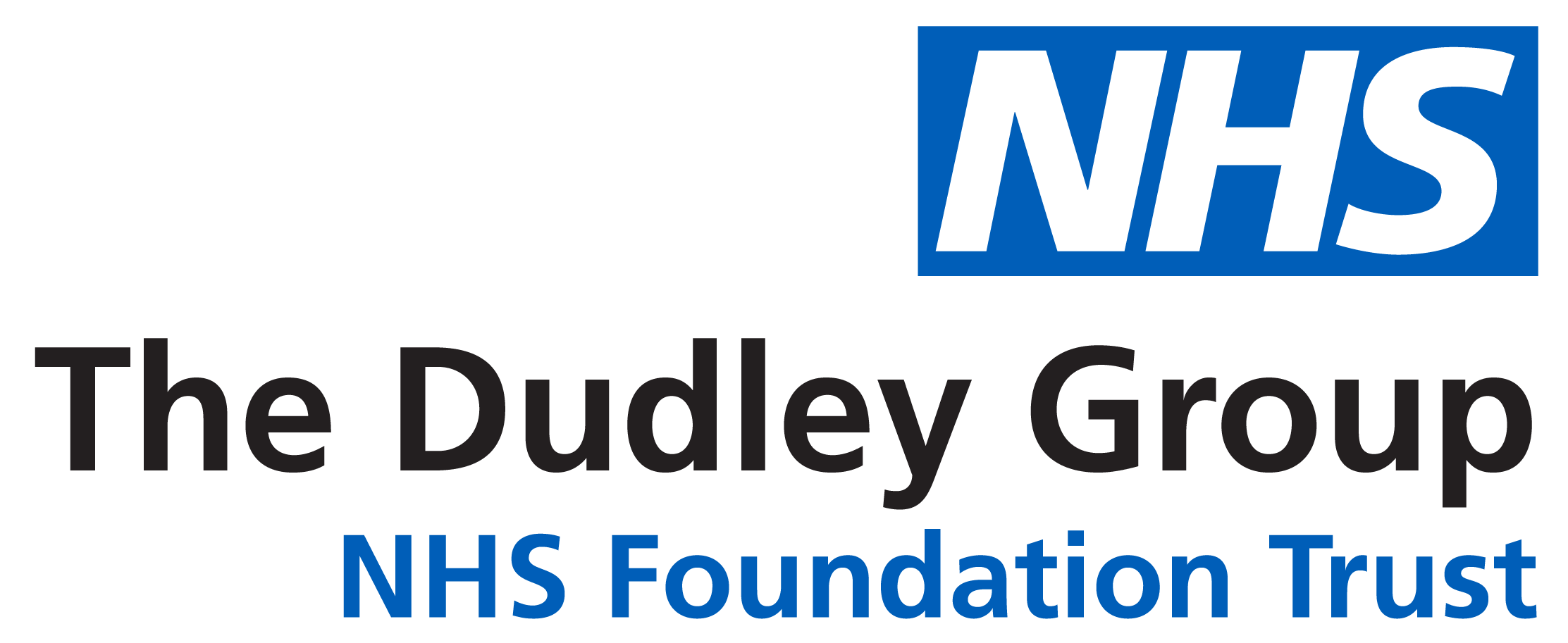Clinical
Education


Safe
Care
- Medical and Physician Associate Students, including international students
- Non-medical healthcare professionals
- Medical professionals
- External healthcare professionals
"No day is ever the same, it's always interesting and you are always learning. It's never boring"
Jenny Novy
Physician Associate Teaching Fellow
OUR PEOPLE, THEIR INSIGHTS
– LISA PERKINS
Lisa talks about her role supporting the clinical skills team at The Dudley Group
Promoting
Best Practice
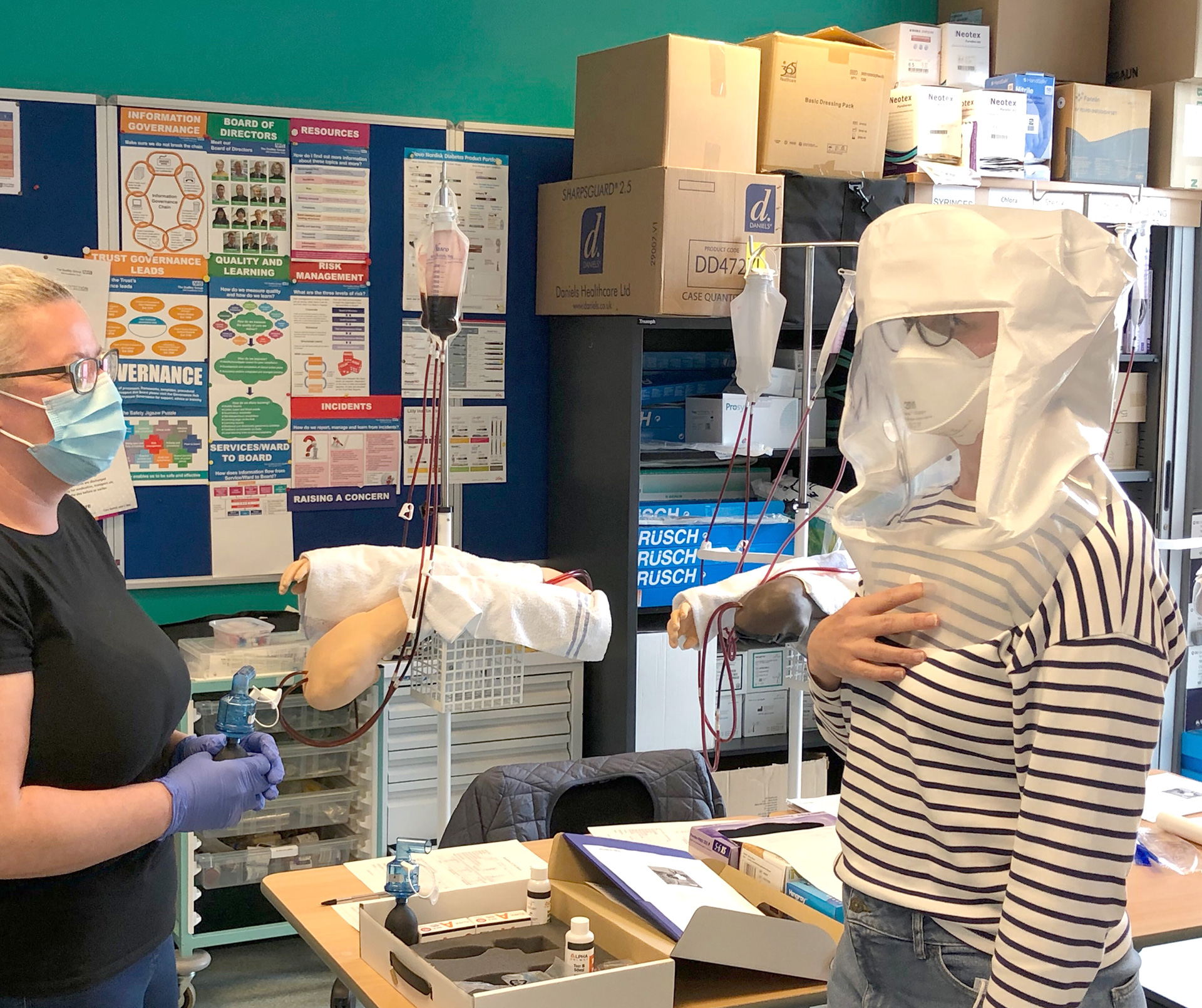
Training all of the Trust’s Key Face Fit Testers
Training Clinical Key Trainers, such as Practice Development Practitioners, in multiple clinical skills
- Writing, reviewing and updating several of the Trust’s Clinical Guidelines, Policies and Standard Operating procedures
- Attending various strategic Trust meetings
- Working closely with the Undergraduate and Postgraduate departments to facilitate and act as examiners in Undergraduate and Postgraduate exams, such as OSCEs and PACES.
- Participating in the Vaccination Hub to support medical students.
- Working closely with the digital media team to create, review and update digital content (e.g. Tomorrow’s Clinicians videos).
- Facilitate the Medical Work Experience Programme.
- Auditing and supporting several Trust-wide projects.
Clinical Education
Team
The Clinical Education Office and Clinical Skills lab are based in the Clinical Education Centre (CEC), 1st floor, South Block, Russells Hall Hospital.
You may also see us across several clinical areas, supporting our students and colleagues. Feel free to approach us, if you have any queries.
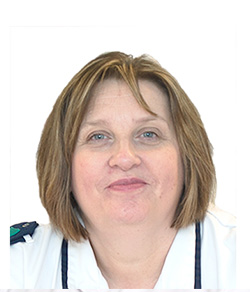
Margaret Cooksey
Clinical Education Manager
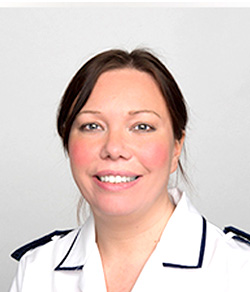
Sarah Fullwood
Interprofessional Senior Educator
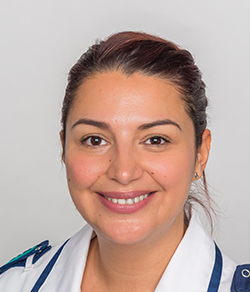
Helena Vasconcelos
Senior Clinical Educator
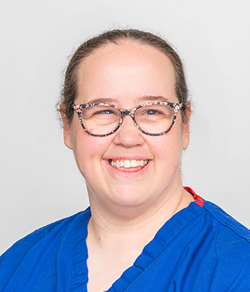
Rachel Jordison
Senior Clinical Educator
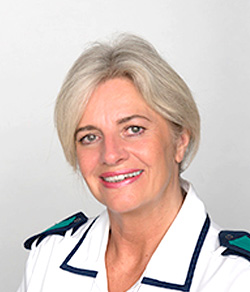
Karen Cottrell
Clinical Educator
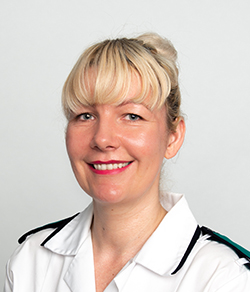
Victoria Perry
Clinical Educator
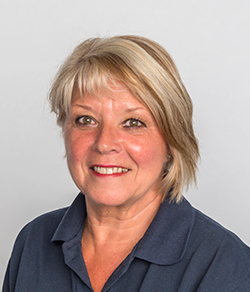
Lynn Badger
Clinical Educator
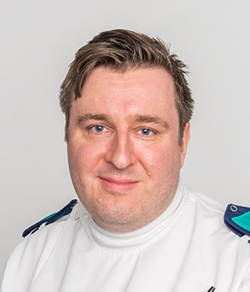
Robert Louis
Clinical Educator
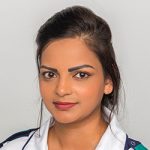
Nila Patel
Clinical Educator
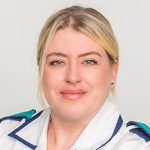
Ashley Winslow
Clinical Educator

Simon Nicklin
Clinical Education Technician

Lisa Perkins
Clinical Education Facilitator
OUR PEOPLE, THEIR INSIGHTS
– SIMON NICKLIN
Simon talks about his experiences as a Clinical Education Technician at The Dudley Group.
Interprofessional
Education

“Interprofessional Education (IPE) occurs when two or more professions learn about, from and with each other in order to enable effective collaboration and improve health outcomes”
World Health Organisation 2010

World Health Organization 2010 Framework for action on interprofessional education and collaborative practice.
Interprofessional Education is well implemented within teaching curricula at The Dudley Group. We have a long history of providing a range of learning opportunities to deliver IPE to undergraduate and postgraduate multiprofessional groups, stretching back to 2007.
Effective care delivered within the hospital and community setting requires multiprofessional healthcare teams to work together to achieve the best possible outcomes for patients.
The increasing prevalence of chronic diseases, an ageing population, greater focus on mental health, together with advancements in health care technology and the growing complexity of health care delivery, plus many other factors have all contributed to the need for coordination and integration of health and social care through a multidisciplinary approach.
NHS England (2014) Five Year Forward
Boundaries which define the roles and responsibilities of individual professions are becoming less clear and there is increasing overlap of knowledge and skills. The provision of effective patient care now depends much more on the individual practitioner’s understanding of the need to collaborate within and between healthcare teams.
Clinical Skills courses
for Medics
Our current list of courses:
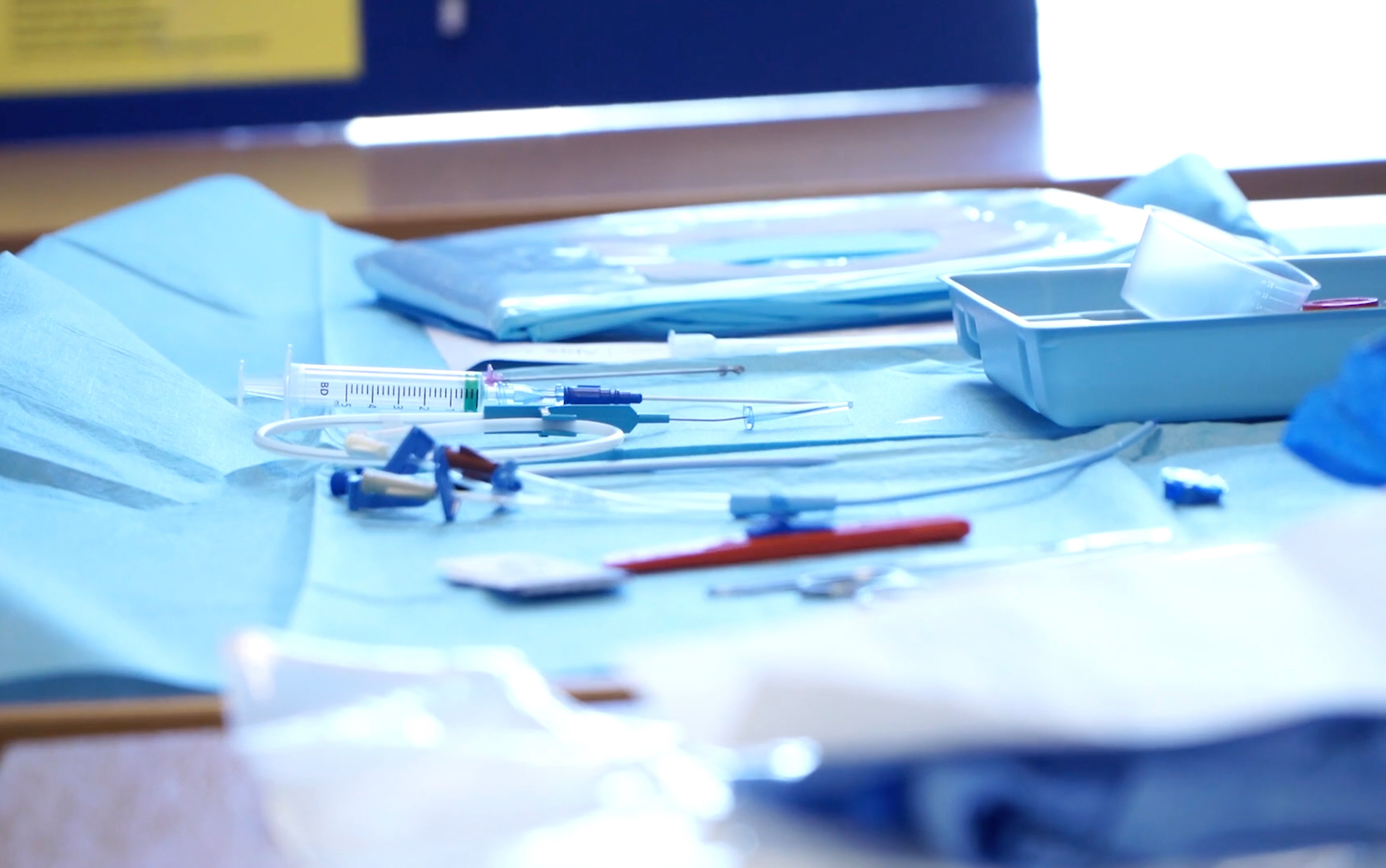
CENTRAL LINE INSERTION
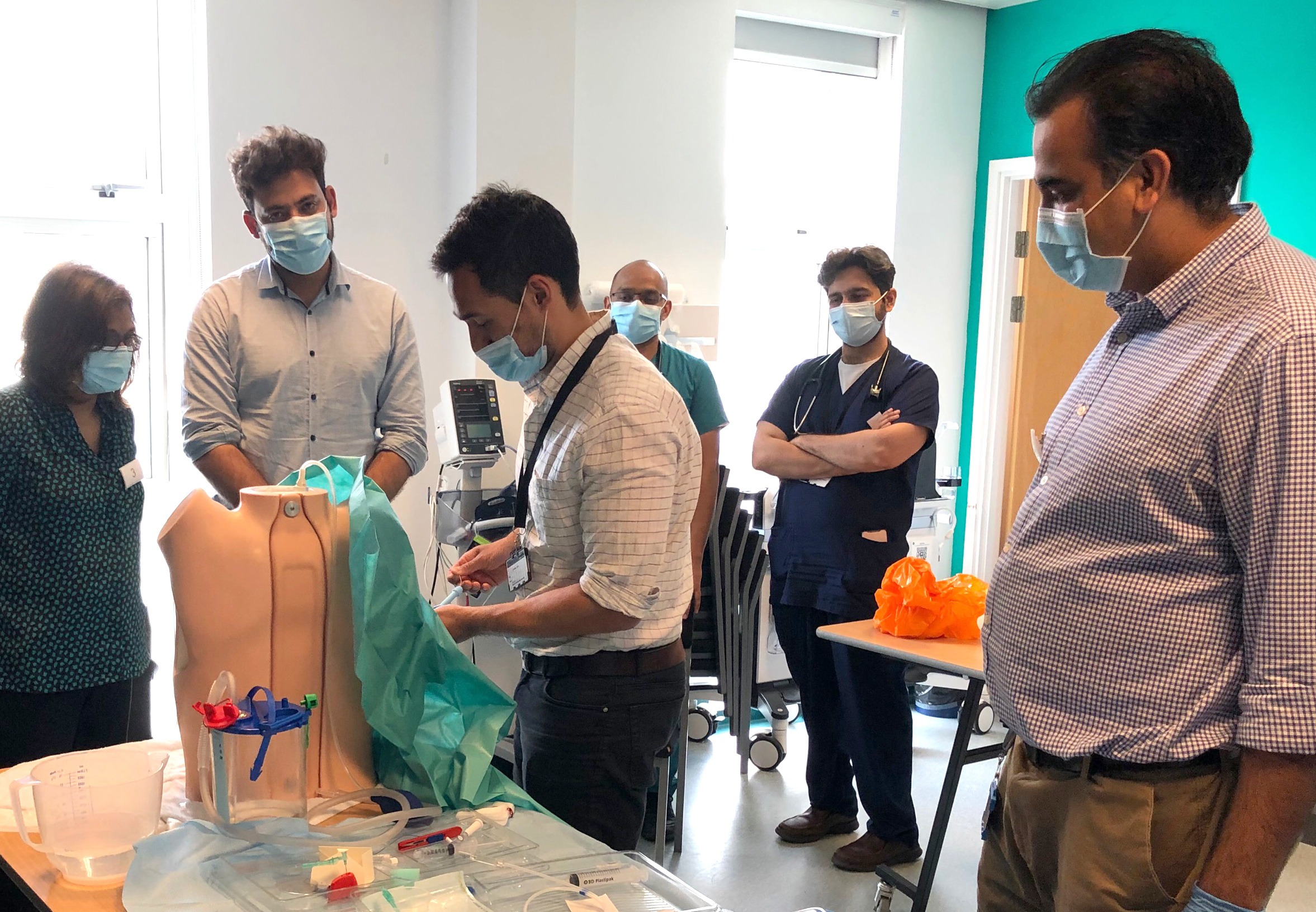
Chest Drain Insertion
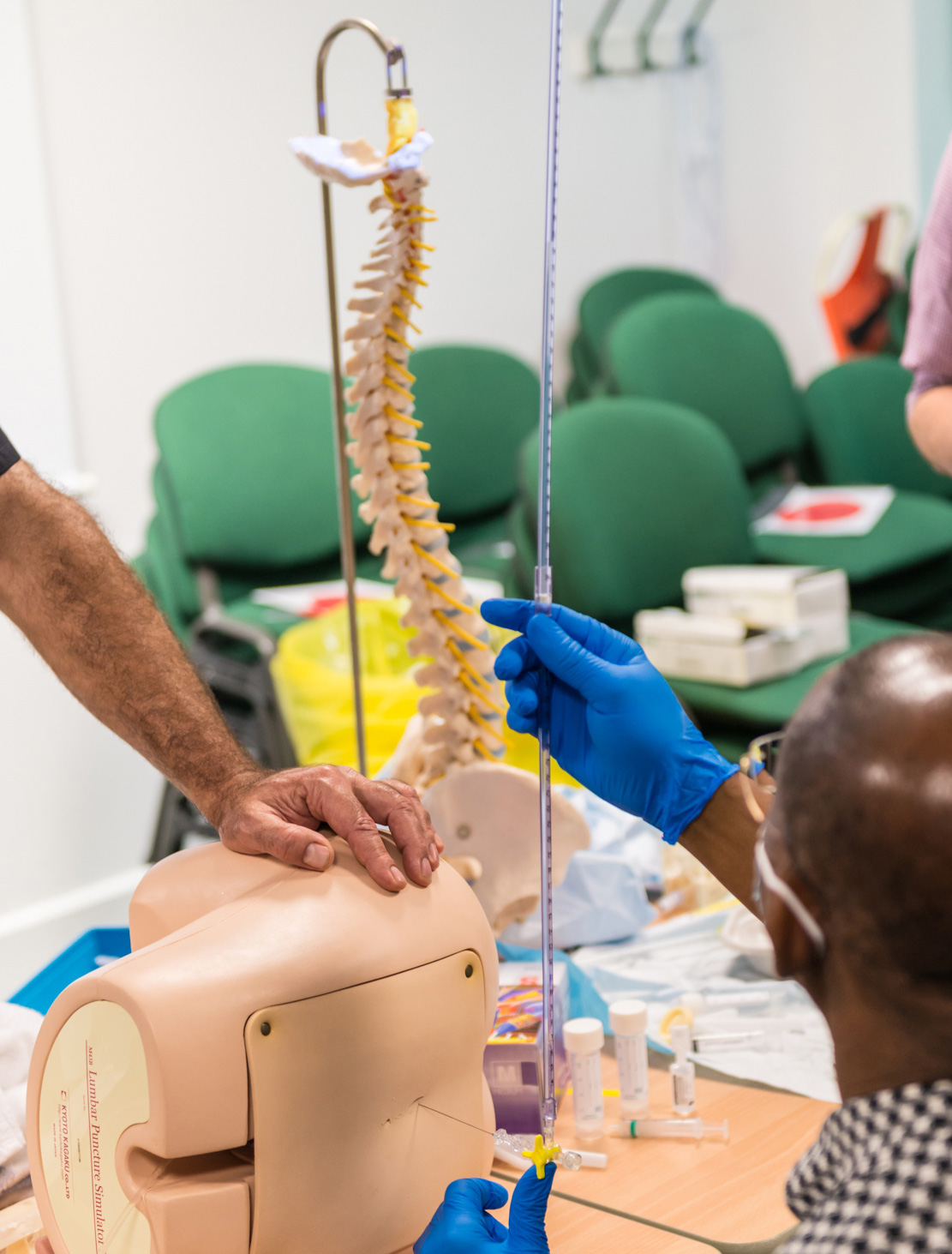
Lumbar Puncture
Abdominal Parascentesis
Nasogastric Tube Insertion
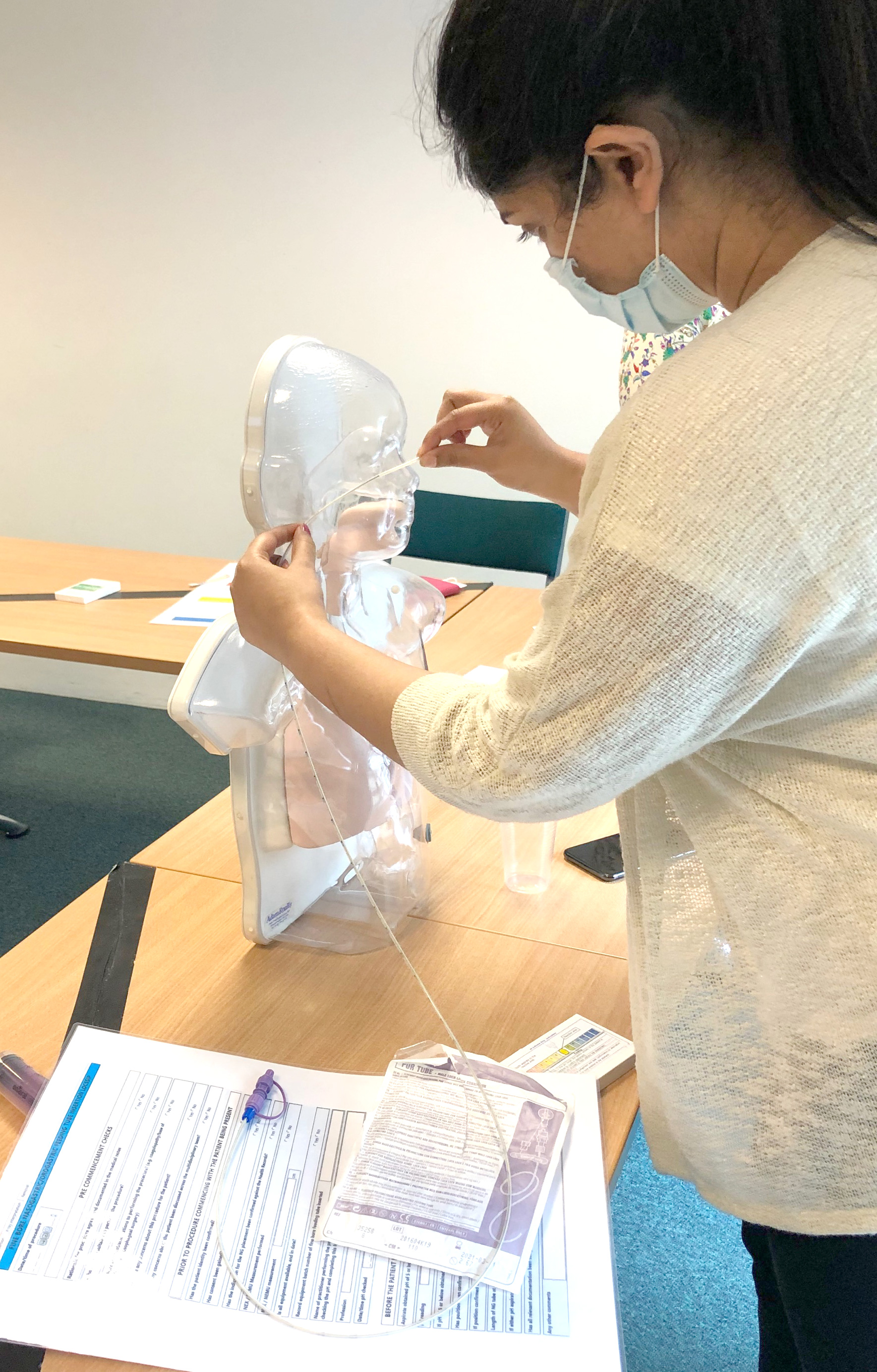
NASOGASTRIC TUBE XRAY INTERPRETATION OF POSITIONING
Following National Patient Safety Alerts (NPSA), this is now mandatory. All doctors who interpret chest x-rays for positioning of nasogastric tubes must attend this training. This also applies to doctors on an on-call rota.
- TWO DAY CLINICAL SKILLS REFRESHER TRAINING to include:
- Cannulation
- Venepuncture/blood cultures
- IV drug administration/IV fluids administration
- 12 Lead ECG Recording
- Catheterisation
- Subcutaneous and Intramuscular injections
- Blood Glucose Measurements (point of care)
- Bladder Scanning (dependent on availability of the trainer)
- Arterial blood gas sampling (dependent on trainer availability)
- Blood Gas Analyser training (dependent on trainer availability)
LINKS TO USEFUL RESOURCES
Further information and resources can be found on some of our websites.






